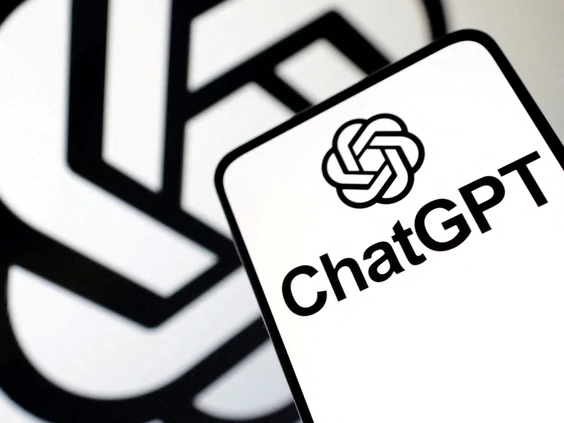That which gets measured gets done.
The executives at Google are overhauling its performance rating system to get this very point across to employees.
Just prior to the new year, Google announced it will be implementing a new performance rating system, called GRAD, in 2023 that will render it more possible for employees to fall into lower rated categories. Consequently, fewer Googlers (22% compared to the previous 27%) will achieve the highest company performance ratings.
In essence, Google is leveling up, setting higher expectations for employees to achieve or risk lower performance ratings and presumably other consequences like lower bonuses or termination.
Of course, the implementation of GRAD, in the midst of widespread tech sector layoffs, gives cold comfort to Google employees.
At a recent all-hands meeting, according to CNBC, some employees accused Google of using GRAD as a tool to reduce headcount and claimed the new system will not allow for accurate assessment of employee performance.
The fact is, employers are entitled to measure employee performance. The law requires that employees are measured fairly and consistently as among their peers. With 186,779 employees employed as of Q3, a company as large as Google absolutely requires a robust performance rating system to support hiring, firing and compensation decisions.
Any growing company should have a strong performance rating system, especially to help support to cost cutting measures that may attract legal liability in the form of wrongful dismissal or discrimination claims.
Google adopting more stringent company standards comes as no surprise. With many employees resisting a return to the office, companies are looking to implement effective ways to closely manage performance. The trust that inherently builds when colleagues meet face-to-face is quickly becoming folklore. Remote employees that have not continued to invest in building these relationships have painted themselves into a corner; left to be rigorously measured on multiple metrics.
Superficially this may seem unfair, but if employees are meeting the requirements of their respective remote roles, no performance rating system should impact their working experience.
While Google is a rare example of a company that has continued to grow its workforce, no company is immune to the impact of the economy and it is a safe bet that GRAD will be use to lower headcount in a systematic way if needed. Many companies have long employed a system that reduces headcount by the lowest 10% of performing employees annually.
Performance reviews, contrary to popular belief, are not a morale drag. Employees crave, and often insist, on feedback. It pushes managers to actually manage, engage their teams and take ownership over weaknesses that need improvement.
If your company has not done so already, consider implementing a review system this year that gives employees feedback every quarter. It will help them understand their place and their future within your organization and will help you identify rising stars that will help grow your company while simultaneously limiting legal liability.
Have a workplace issue? Maybe I can help! Email me at sunira@worklylaw.com and your question may be featured in a future column.
The content of this article is general information only and is not legal advice.




